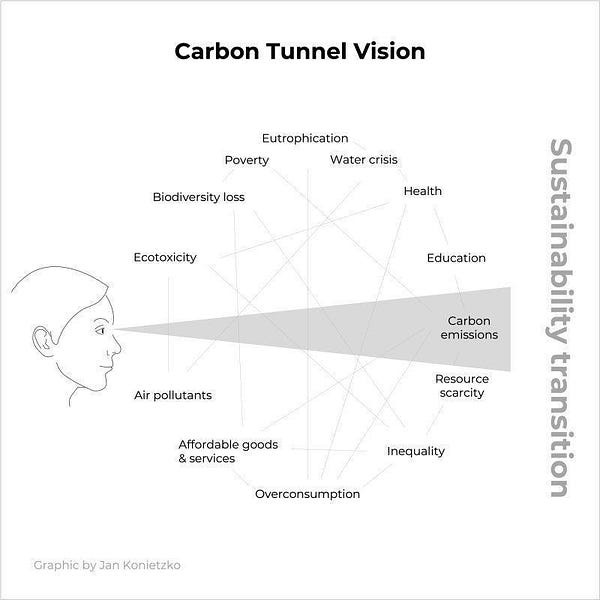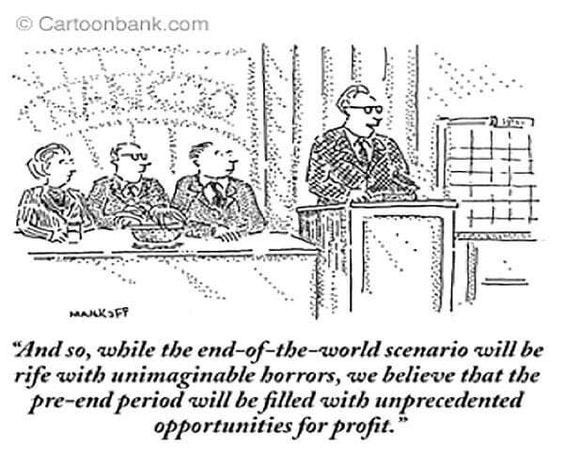November 28, 2022 (original posting date)
Ignoring Ecological Systems Destruction
This contemplation shares a response of mine to another within an ongoing discussion regarding a Facebook post by Clean Energy Canada[1] highlighting one of Canada’s major energy companies’ offshore wind farm projects. This ‘think tank’ out of Simon Fraser University in British Columbia, Canada works “…to accelerate Canada’s clean energy transition by sharing the story of the global shift to renewable energy, clean technology, and sustainable industries…”[2]
The energy dilemma our species has found itself immersed in is much, much more complex than just fossil fuels versus non-renewable, renewable energy-harvesting technologies (NRREHT) — aka ‘renewables’ — and about energy-return-on-energy-invested (EROEI). Mind you, the numbers you provide for various EROEI seem rather generous towards renewables and not in line with numbers I have seen[3]; of course, there is much disagreement amongst analysts about not only the numbers pertaining to EROEI but how to best evaluate them. And while EROEI is an important concept and analytical tool for evaluating the potential benefit:cost ratio of fuels, focusing solely upon it and related measurements/analyses often if not always leads to a neglect of the very real ecological consequences of human energy use and the significant extractive and industrial processes associated with it.
And this plight we find ourselves in as we explore (and disagree about) alternatives to fossil fuels is certainly much more complicated than just the focus upon the atmospheric loading due to carbon emissions that most concentrate upon.
Research suggests biodiversity loss, land-system change, and biogeochemical flows are three planetary limits we have more drastically surpassed compared to atmospheric pollution-loading and subsequent changes to climate[4]. These aspects of our ever-increasing impact upon the planet are invariably overshadowed by the clarion calls to reduce carbon emissions and transition to low- or no-carbon technologies.
‘Renewables’ may be marginally better in certain aspects, but they are also less better in others; for example, the energy density of certain fossil fuels is far, far better than solar/wind that must be stored in batteries[5]. They also require storage technologies (and thus materials) whose production wreak havoc upon our ecological systems[6]. This observation should in no way be construed as support for fossil fuels.
Regardless of these observations, my initial and subsequent assertions were to focus attention upon misuse of the term ‘clean energy’.
The terms ‘green’, ‘clean’, and ‘sustainable’ when referring to the products of the energy complex are bold-faced lies and this is what I was pointing out. These are marketing/propaganda terms meant, when it gets right down to it, to sell stuff. But also to advance an idea — an idea that allows people to continue consuming and also feel good about such consumption while simultaneously dispensing with the notion that consumption and the associated penchant to chase the infinite growth chalice is bad for the planet — an increasing concern over the past few decades but increasingly denied/ignored by many because it can all be done with ‘green’ growth via ‘clean’ technologies (oxymorons if ever there were ones).
The ecological damage that we continue to perpetrate upon the planet in our attempts to sustain our complex energy-intensive conveniences (that we have come to depend upon as we’ve lost the skills/knowledge to be locally self-sufficient) via non-renewable, renewable energy-harvesting technologies is for the most part completely and utterly left out of the propaganda/marketing we are exposed to; or, rationalised away by the fanciful narratives weaved about ‘clean’ technologies.
These comforting narratives, much like everything else, are leveraged by the ruling caste and profiteers (and there is much overlap between these two groups) to meet their primary motivation: control/expansion of the wealth-generation/-extraction systems that provide their revenue streams and thus power and wealth. And the narrative control managers that work with and on behalf of these groups know full well that significant psychological mechanisms (e.g., reduction of cognitive dissonance, obedience/deference to authority, groupthink, etc.) can be activated to support such stories.
Some have argued that the industrial processes necessary for these technologies (especially the battery components for storage, the scale necessary to replace fossil fuel power, and the massive electrical infrastructure required) is as bad as that created by our use of fossil fuels — to say little about the observation that we lack the finite resources to do this[7].
While we continue to argue over ‘solutions’ for addressing climate change (i.e., fossil fuels vs renewables in order to reduce carbon emissions), we fail to recognise that this particular conundrum is just one of the symptoms of ecological overshoot.
So rather than addressing our fundamental predicament we seek to attempt to solve one of its many consequences, and in a way that exacerbates overshoot. We ignore the ongoing and massive ecological systems destruction and compound it via marginal improvements in technology not realising that it is our technology that has placed us in overshoot.
We weave stories to tell each other that no sacrifices are necessary (especially within so-called ‘advanced’ economies) and that we have the ingenuity to ‘solve’ anything thrown our way.
And rather than confronting our predicament, admitting the scale of its impending consequences for our (and likely every other) species, and getting down to discuss the really hard choices we need to be making, we continue to not only rationalise away the anxiety-provoking thoughts such an approach would lead to but ‘allow’ the worst of us to ‘control’ our collective future.
[1] It is clear that the algorithms that track my social media interactions recognise my interest in energy issues and periodically place in my Facebook feed these type of posts.
[2] While I have neither the time nor inclination to attempt a ‘forensic audit’ of the funding of this ‘think tank’, it seems self-evident that it’s part of a growing ‘industry’ to market ‘clean’ energy products via the notion that these are ‘green’ and ‘sustainable’ (even if they’re not) and receives substantial financial support from the ‘clean energy’ industry.
[3] See this, this, this, and/or this.
[6] See this, this, this, and/or this.
If you’ve made it to the end of this contemplation and have got something out of my writing, please consider ordering the trilogy of my ‘fictional’ novel series, Olduvai (PDF files; only $9.99 Canadian), via my website or the link below — the ‘profits’ of which help me to keep my internet presence alive and first book available in print (and is available via various online retailers).
Attempting a new payment system as I am contemplating shutting down my site in the future (given the ever-increasing costs to keep it running).
If you are interested in purchasing any of the 3 books individually or the trilogy, please try the link below indicating which book(s) you are purchasing.
Costs (Canadian dollars):
Book 1: $2.99
Book 2: $3.89
Book 3: $3.89
Trilogy: $9.99
Feel free to throw in a ‘tip’ on top of the base cost if you wish; perhaps by paying in U.S. dollars instead of Canadian. Every few cents/dollars helps…
https://paypal.me/olduvaitrilogy?country.x=CA&locale.x=en_US
If you do not hear from me within 48 hours or you are having trouble with the system, please email me: olduvaitrilogy@gmail.com.
You can also find a variety of resources, particularly my summary notes for a handful of texts, especially Catton’s Overshoot and Tainter’s Collapse: see here.
It Bears Repeating: Best Of…Volume 1
A compilation of writers focused on the nexus of limits to growth, energy, and ecological overshoot.
With a Foreword and Afterword by Michael Dowd, authors include: Max Wilbert; Tim Watkins; Mike Stasse; Dr. Bill Rees; Dr. Tim Morgan; Rob Mielcarski; Dr. Simon Michaux; Erik Michaels; Just Collapse’s Tristan Sykes & Dr. Kate Booth; Kevin Hester; Alice Friedemann; David Casey; and, Steve Bull.
The document is not a guided narrative towards a singular or overarching message; except, perhaps, that we are in a predicament of our own making with a far more chaotic future ahead of us than most imagine–and most certainly than what mainstream media/politics would have us believe.
Click here to access the document as a PDF file, free to download.







